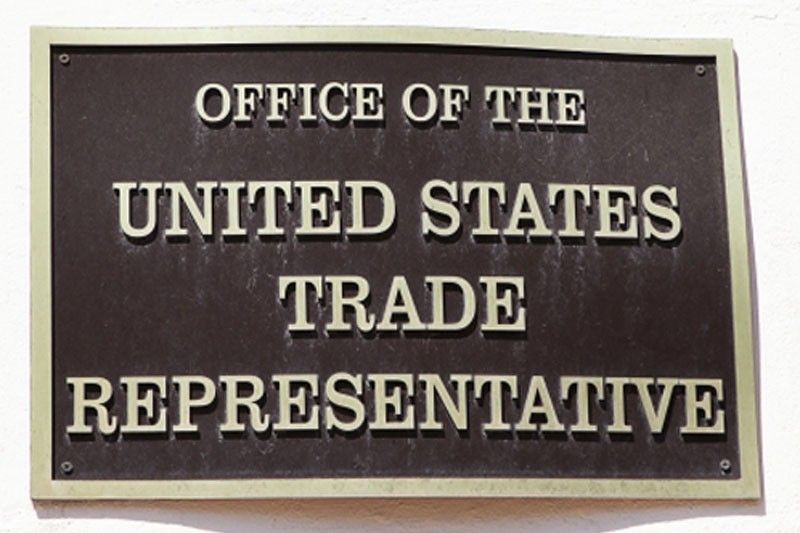Philippines stays out of US piracy list
MANILA, Philippines — The Philippines has managed to stay out of the US list of “notorious markets” for piracy and trademark counterfeiting for the sixth straight year.
Results of the 2017 out-of-cycle eeview of notorious markets by the Office of the US Trade Representative (USTR) showed the Philippines maintained its clean record of not hosting physical marketplaces that reportedly “engage in, facilitate, turn a blind eye to, or benefit from substantial piracy and counterfeiting.”
The Philippines was taken out of the list in 2012 after the USTR recognized the Philippine government’s significant enforcement actions that have reduced the number of counterfeit and pirated goods available for sale.
Prior to its removal in 2012, the Philippines was a regular in the list for six years with areas like Greenhills, Divisoria, Quiapo, Makati Cinema Square, Binondo, and Baclaran being cited as hot spots.
Part of the 2017 notorious markets list for physical marketplaces are China (Silk Market and Hongqiao Market in Beijing, Shenzhen Jindu Garment Wholesale Market in Guangdong Province, as well as Jinxiang Foreign Trade Garment Market, Jinshun Garment Market, and Zhanxi Area Markets in Guangzhou), Argentina (La Salada, Buenos Aires), Canada (Pacific Mall, Markham, Ontario), India (Tank Road, Delhi), Indonesia (Mangga Dua, Jakarta), Italy (Mercato dei venerdi, Ventimiglia), Mexico (El Tepito in Mexico City and Mercado San Juan de Dios in Guadalajara), Paraguay (Ciudad del Este), Spain (Els Limits de La Jonquera, Girona), Turkey (Grand Bazaar, Istanbul), UAE (DragonMart and Ajman China Mall), and Vietnam (Nin Heip Market in Hanoi and Tan Binh Market in Ho Chi Minh City).
“A goal of the list is to motivate appropriate action by owners, operators, and service providers in the private sector of these and similar markets, as well as governments, to reduce piracy and counterfeiting,” USTR said.
“USTR highlights the following marketplaces because they exemplify global counterfeiting and piracy concerns and because the scale of infringing activity in these marketplaces can cause significant harm to US intellectual property (IP) owners, consumers, legitimate online platforms, and the economy. Some of the identified markets reportedly host a combination of legitimate and unauthorized activities. Others openly or reportedly exist solely to engage in or facilitate unauthorized activity,” it added.
A broader analysis of intellectual property protection and enforcement in particular countries or economies is presented in the annual Special 301 Report published every year.
Source: http://beta.philstar.com/business/2018/01/16/1778064/philippines-stays-out-us-piracy-list#AtoAqV0uirsYlXpo.99


 Thailand
Thailand




